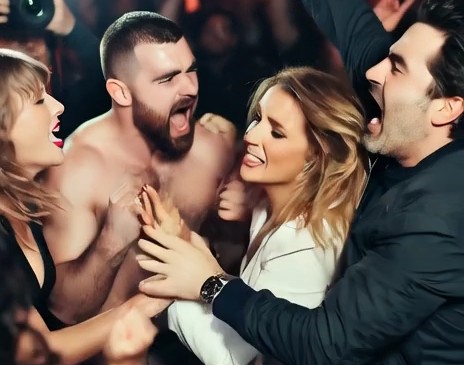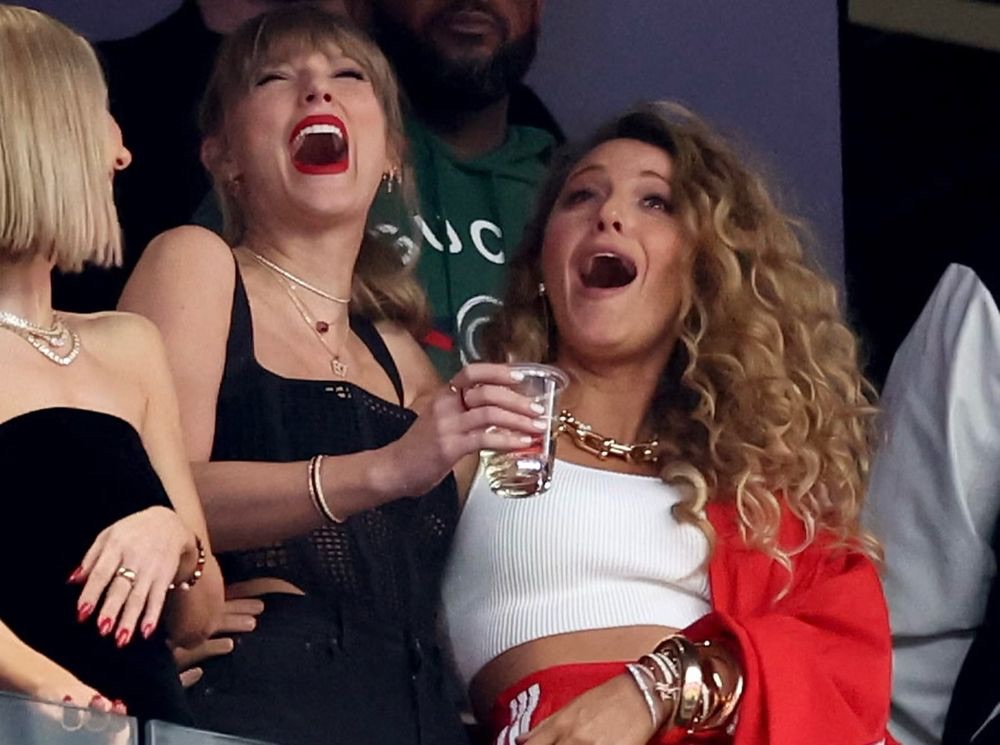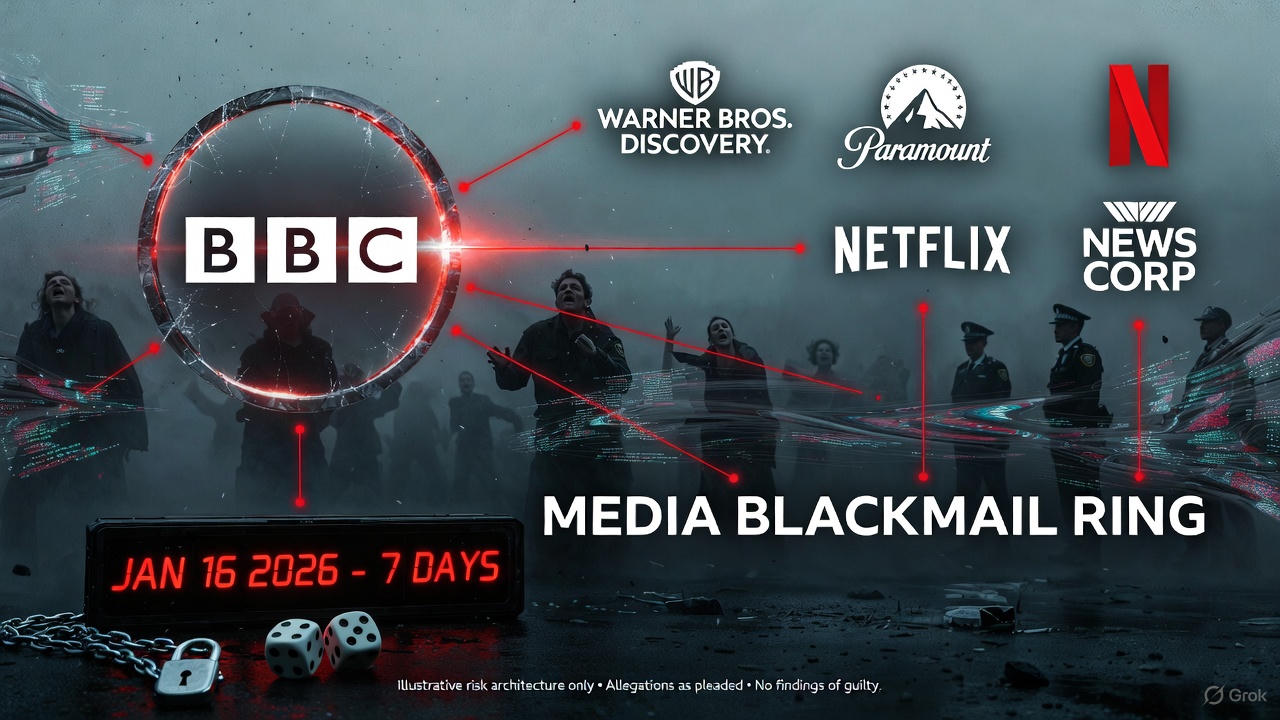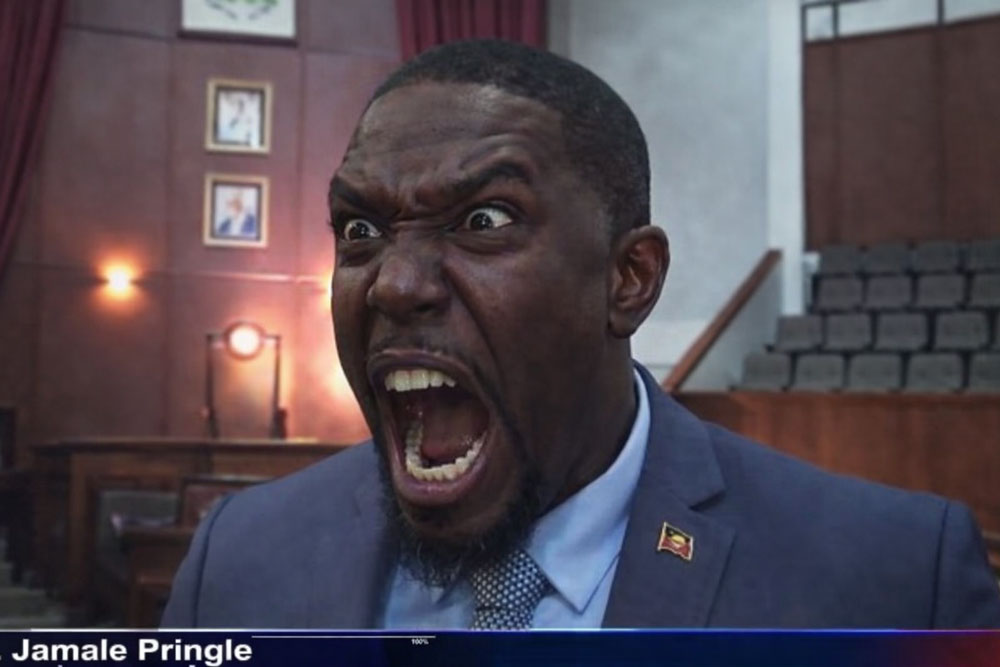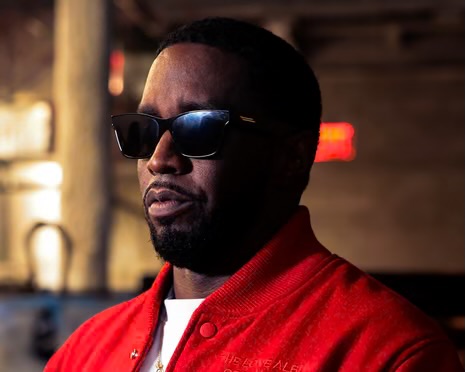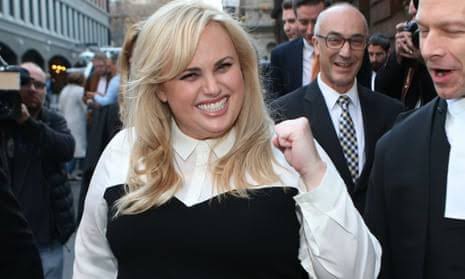The ongoing controversy between Blake Lively and Justin Baldoni is beginning to unravel not just a personal dispute but also systemic issues in Hollywood that have for long been hidden from public scrutiny. As Lively levels allegations of sexual harassment and invasion of privacy, it raises crucial questions about power and accountability in an industry infamous for its treatment of women.
At the crux of the matter is Lively's accusation that Baldoni and his producing partner, Jamey Heath, mistreated her on set. In a shocking turn of events, Baldoni has countersued Lively with a staggering $400 million lawsuit, claiming defamation with the intention of protecting his reputation. The collision of their narratives forms a startling portrayal of modern Hollywood, wherein protecting an image can mean discrediting the truth.
Importantly, this feud intersects with a broader investigation into media malpractice. A case filed in the U.K. High Court accuses media giants—including TMZ—of engaging in unethical practices such as bribery and narrative manipulation. Allegations suggest that media outlets have conspired to sanitize their images while facing serious charges related to criminal conduct.
This not only shows how media can steer public perception, but it paints a troubling picture of an industry where the powerful can manipulate narratives to silence accusations and protect their standing. With both Lively and Baldoni's case and the investigation against TMZ, it becomes increasingly apparent that the machinery of Hollywood and its media arms are intertwined, essentially working as a single entity to control narratives and obscure accountability.
The implications of this scandal extend beyond the personal drama between two individuals; they shine a light on an outdated system built on coercion and protection of power, where many unreported voices remain silenced. The public's growing awareness of these dynamics may serve as a catalyst for change in an industry ripe for reform.





